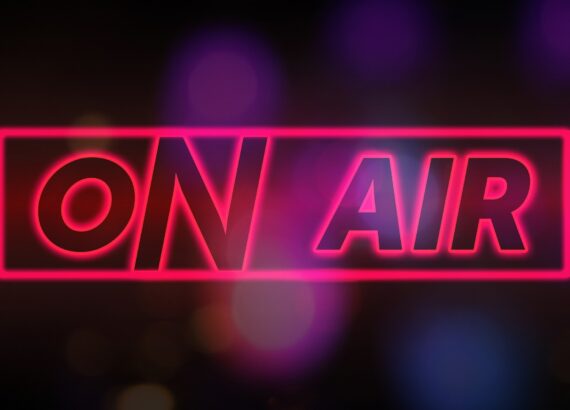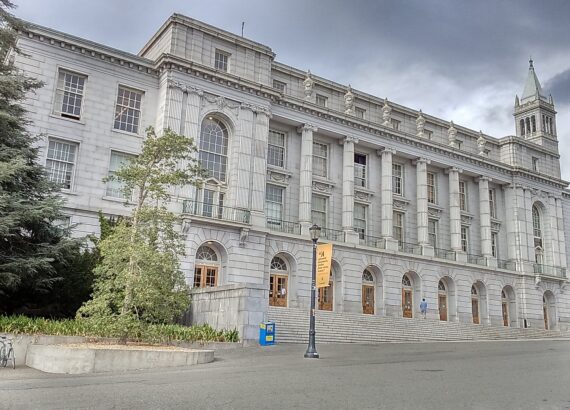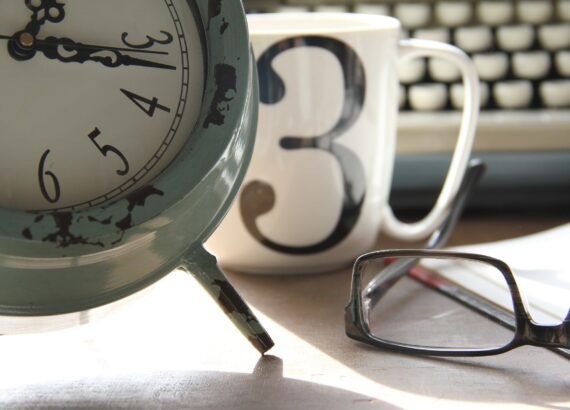Threats against “The Interview” and public good provision
After more than a three-year hiatus (during which I occasionally blogged for the Center for Business and Public Policy), I decided to revive my blog. The honor of the first post goes to this week’s threats against the movie “The Interview” and Sony’s subsequent decision to cancel the release of the movie.
\
\To recap (skip this paragraph if you’ve been following the news), Sony made a comedy in which two not-so-competent journalists are set to interview North Korea’s Kim Jong-Un. They are approached by the CIA and asked to help assassinate him. I’m guessing North Korea didn’t like the plot of the movie. According to the FBI, someone from North Korea hacked into Sony, stealing and subsequently releasing various emails and documents. The hackers also threatened violence in movie theaters that showed the movie, and that’s when things started to get ugly. Sony allowed movie theater chains to not screen the movie (usually, they sign contracts for these kinds of things) and all major movie theater chains (along with non-major ones) said they wouldn’t screen it. Sony then said they wouldn’t release the movie at all (according to them, because no one has volunteered to show it, in theaters or otherwise). Even Obama has weighed in on this, saying Sony’s decision was a mistake (Sony responded that it had no choice).
\
\So is there a scenario in which things could have turned out differently? If we apply the basic principles of economics here, it’s hard to see how the people making the threat wouldn’t have “won” as long as there is even a tiny possibility that it was real (Homeland Security says there is no evidence that it was, but of course it’s hard to rule out a 1 in a 100 million chance). Standing up to the terrorists by going to the movie theater despite the (tiny) threat is a public good – you bear the risk if you go, but society as a whole benefits. This leads to a temptation to “free ride” – hope that others go to the theaters while you stay home. But the problem is, many people are thinking this way, and the result is a drop in movie ticket sales (so to be clear, the theory doesn’t predict 0 moviegoers). Now if you’re a theater, you face a similar problem. You may want to screen the movie to stand up to the terrorists, but you’re bearing all the costs of doing so (lost ticket sales) while society bears much of the benefit. So there’s the free rider problem again. Theaters could have also put in extra security, but the problem of costs again.
\
\From this point of view, the only way “The Interview” had a chance is if Sony had not allowed movie theaters out of their contracts to show the movie. But I’m guessing that this would have been a huge PR disaster for Sony and perhaps some smart lawyer would have figured out a way for theaters to get out of their contracts anyway. Unfortunately, public good theory predicts that it’s very easy for threats to have this effect in all areas of our lives.




Comments are closed.